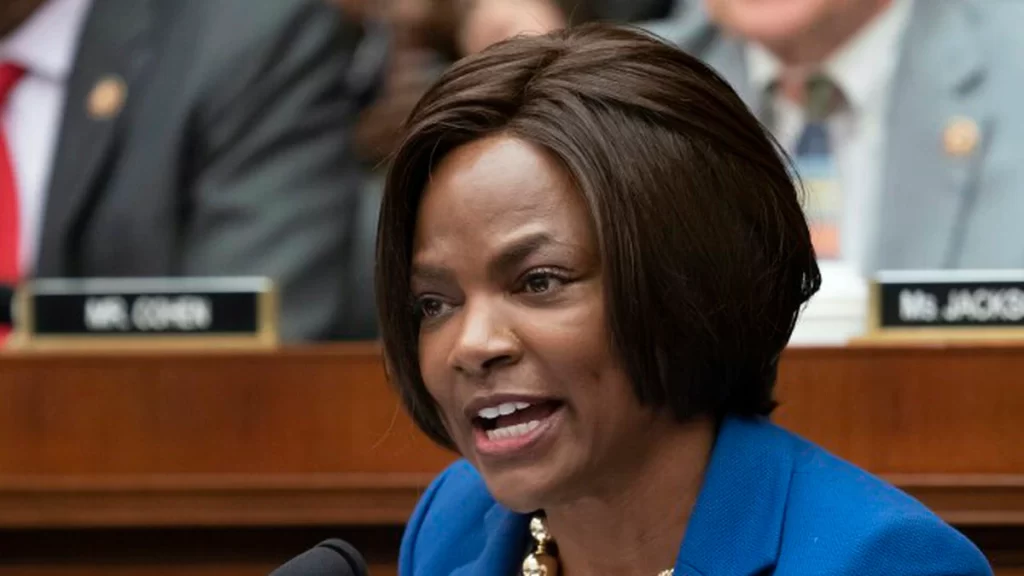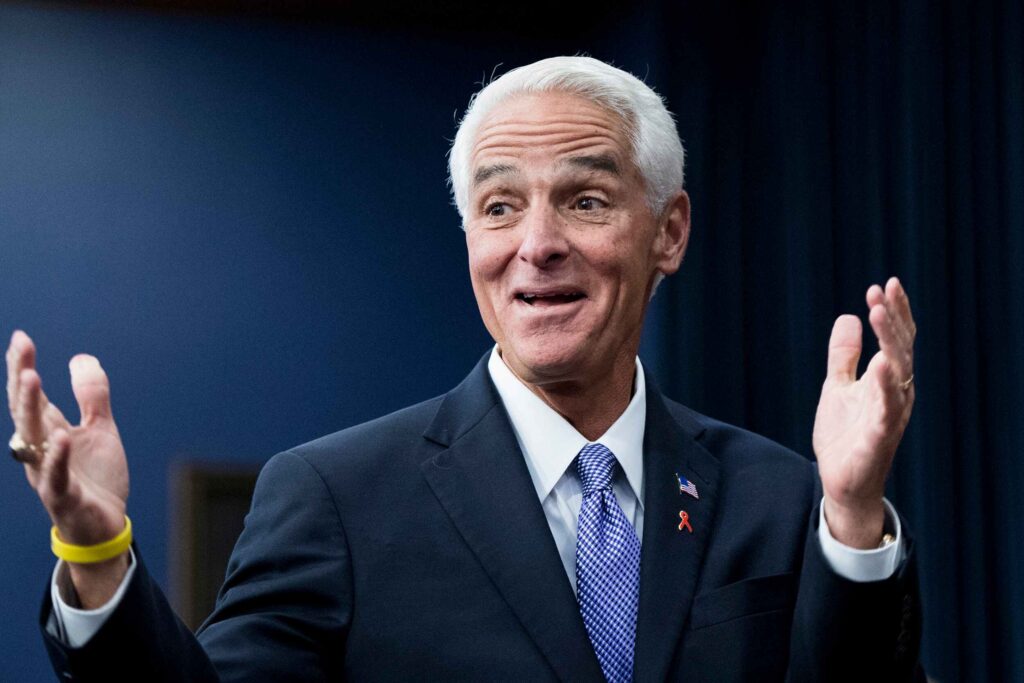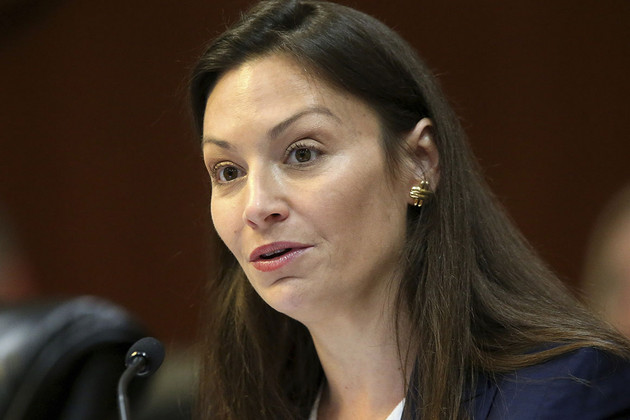Anthony Albanese Bio: An Overview of the Australian Prime Minister’s Political Journey
Anthony Norman Albanese, born on March 2, 1963, is a prominent Australian politician who has made significant contributions to the country’s political landscape. Serving as the 31st Prime Minister of Australia since 2022, Albanese has an extensive political career spanning several decades.
Anthony Albanese Salary and Net Worth 2023
As of 2023, Anthony Albanese has a net worth of $15 million Australian dollars. His salary as the PM is $198 thousand Australian dollars.
Early Life and Education
Albanese’s diverse heritage, with an Italian father and an Irish-Australian mother, has played a role in shaping his perspective and approach to politics.
Raised by his single mother, he attended St Mary’s Cathedral College in Sydney before pursuing higher education at the University of Sydney, where he studied economics.
It was during this period that he became involved with the Australian Labor Party (ALP), setting the stage for his future political endeavors.
Political Career Takes Flight
Albanese’s political journey began when he was elected as the Member of Parliament (MP) for Grayndler in 1996. This marked the start of his long-standing commitment to representing his constituents and contributing to the broader political discourse.
Ascending the Ranks
As his career progressed, Albanese’s dedication and expertise led him to assume various leadership roles within the ALP.
In 2001, he was appointed to the shadow cabinet by Simon Crean, beginning his role in shaping the party’s policies and direction. His prominence grew, culminating in his appointment as the Deputy Prime Minister in Kevin Rudd’s government in 2013.
Navigating Leadership Transitions
Albanese’s journey wasn’t without challenges. During the leadership rivalry between Kevin Rudd and Julia Gillard from 2010 to 2013, he displayed his commitment to party unity by addressing the tensions between the two figures. This period showcased his diplomatic skills and commitment to the ALP’s core values.
Leadership Roles and Achievements
After Labor’s unexpected defeat in the 2019 election, Albanese’s leadership capabilities came to the fore. He succeeded Bill Shorten as the leader of the ALP, becoming the Leader of the Opposition.
In the subsequent 2022 election, his strategic vision and policy proposals led the ALP to a resounding victory against the incumbent Liberal-National Coalition.
Prime Ministerial Impact
As the 31st Prime Minister of Australia, Albanese’s tenure has been marked by ambitious policy initiatives. His administration has committed to achieving carbon neutrality by 2050 through updated climate targets.
Additionally, Albanese’s government has taken significant steps to address labor law reform, establish an anti-corruption commission, and launch a Royal Commission into the Robodebt Scheme.
Foreign Policy and International Relations
Albanese’s global perspective has been evident in his foreign policy approach. He has extended support to Ukraine in the Russo-Ukrainian war and worked to strengthen ties in the Pacific region.
Notably, he engaged in high-level talks with Chinese President Xi Jinping, leading to improved relations and the lifting of trade restrictions between Australia and China.
Personal Life and Legacy
Beyond his political achievements, Albanese’s personal life has also been of public interest. His discovery of his Italian father and efforts to reconnect with him in 2009 added a personal dimension to his public persona.
His marriage to Carmel Tebbutt and subsequent relationship with Jodie Haydon have also been discussed in the public sphere.
In conclusion, Anthony Albanese’s journey from his early days to becoming the Prime Minister of Australia is a testament to his resilience, leadership, and commitment to public service.
His diverse heritage, strategic vision, and dedication to progressive policies have left an indelible mark on Australia’s political landscape.





